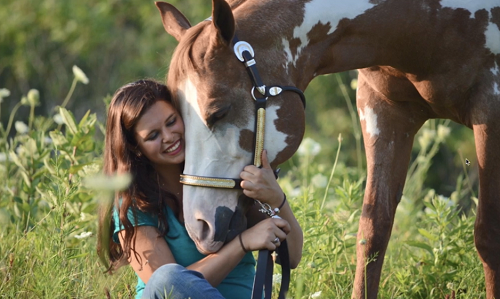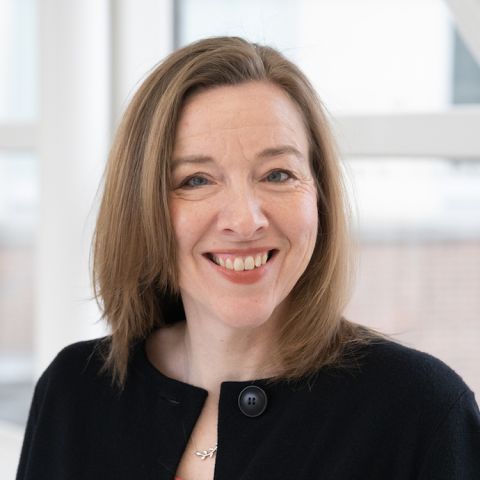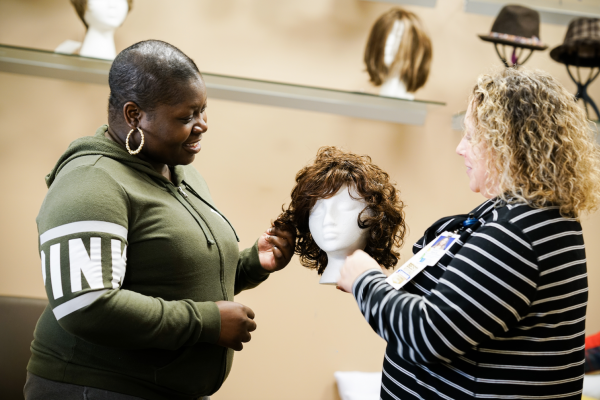A pilot social media program at Roswell Park aims to help adolescent and young adult cancer patients and survivors, by providing a safe online space to share their thoughts and know that they are not alone.
“Adolescent and young adult cancer patients are sometimes described as an orphan population because they don’t quite fit in with the pediatric population or the older adult population,” says Megan Pailler, PhD, an Assistant Professor of Oncology in the Department of Psychosocial Oncology at Roswell Park. “I have a lot of AYA patients that I work with, who describe not really feeling a part of the pediatric culture, but also feeling out of place in a waiting room where most of the people sitting there are 20 and 30 years older than they are.”
To help them, a team of researchers at Roswell Park partnered with a team at Hospice Buffalo to create the ten-week program, “Photographs of meaning,” using an app called PixStori. Adolescent and young adult patients post photos and written or audio messages that address weekly themes pertaining to identity and self-awareness. Participants also complete questionnaires about mood, well-being and quality of life before and after the program.
Never miss another Cancer Talk blog!
Sign up to receive our monthly Cancer Talk e-newsletter.
Sign up!“Participants receive weekly prompts, either through their email, or through text, which provides them with a weekly homework assignment, or a weekly theme,” says Dr. Pailler, one of the co-principal investigators of this study. “The themes involve things like, ‘Who am I? What am I most proud of? How has cancer changed me?’ Participants will post two pictures, and then provide two narrative commentaries on their pictures based on the weekly theme.”
Seeing the young cancer survivor and patient posts on PixStori has been a meaningful and eye-opening experience for the research team.
“One of the things that has touched me the most is participants’ willingness to be very personal in the stories that they share. It takes a lot of courage to post something that is sometimes really heartbreaking; stories of vulnerability or loss as a result of cancer,” says Dr. Pailler. “It has also been heartening to see the responses from the other participants who reach out and provide some affirmation for the people who are willing to share their very personal stories.”
“Everyone’s cancer journey is different. To give these young adults a platform to share it is so unique. It gives them a safe space,” says Erin Brewer-Spritzer, the project coordinator of the study. “AYA cancer patients and survivors say this is tough, and we’re going through it together. At the end, this tool is here to make them feel like they’re not alone. If this helps one person say, ‘I’m not alone.’ Then we’ve done our job.”
This study was supported by donations to Roswell Park's Alliance Foundation.


